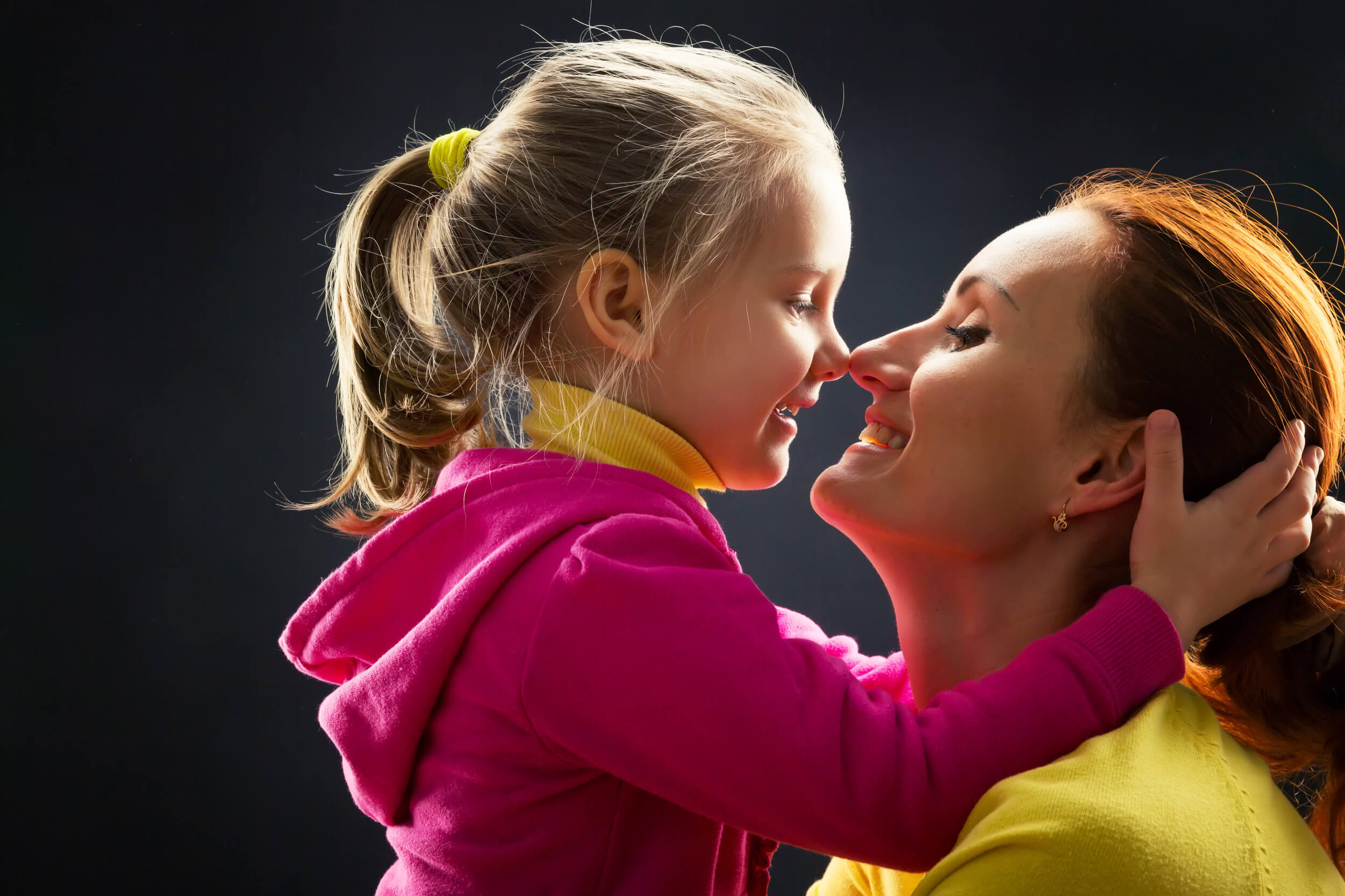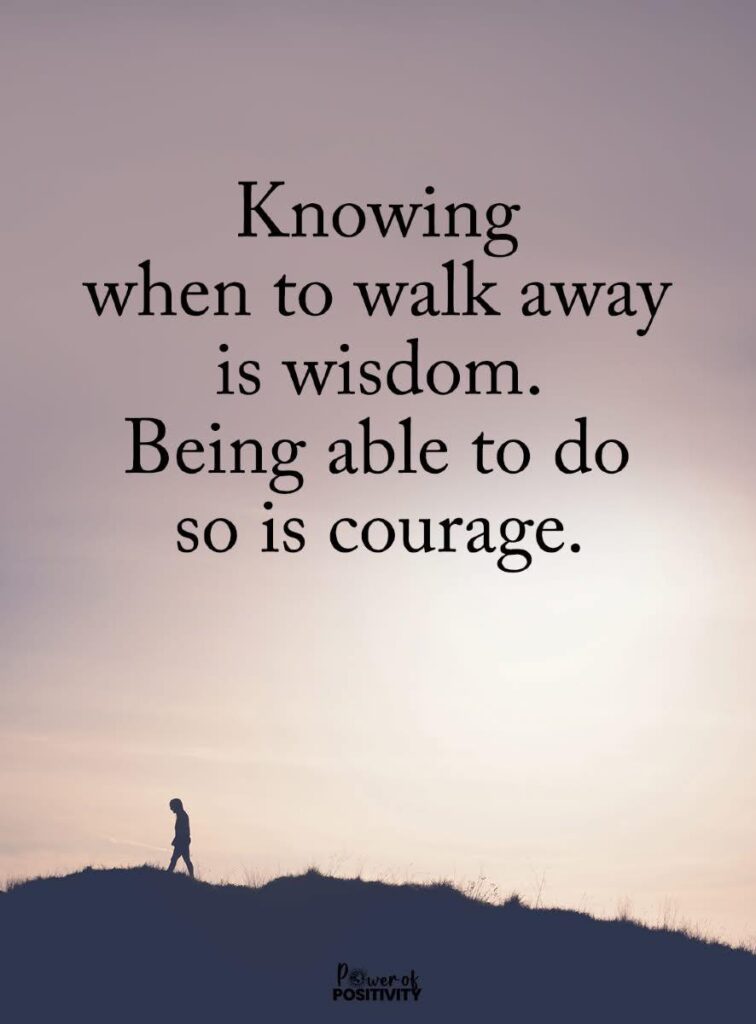The Energy at Home Shapes Who Our Kids Become
How we treat each other at home teaches more than any lesson we try to explain. The tone we set—how we talk, how we listen, how we handle stress—shapes what our kids believe about kindness. Even small moments, like how we respond when they spill juice or ask a hundred questions, leave a lasting impression.
Kindness grows in calm, respectful spaces. That doesn’t mean our homes have to be quiet or perfect—it means the energy inside them feels safe, loving, and steady. Raising kind kids starts with how we show up in everyday life. When our energy says, “You matter,” kids learn to treat others like they matter too. It really does begin with us.
7 Everyday Shifts That Make a Big Difference
Even if you don’t get everything right, small daily habits can turn your home into a space that raises thoughtful, compassionate kids.
1. Speak Gently—Even When It’s Hard
Kids are always watching how we handle stress. When voices rise and tempers flare, they learn that’s the norm. But when we stay calm, even in hard moments, they pick up healthier ways to deal with big feelings. You don’t have to be perfect. Just showing that frustration can be handled with care teaches emotional strength. One of the keys to raising kind kids is being the example they return to when life feels tough.
2. Model Kindness in the Mundane
Simple, everyday actions teach the biggest lessons. Saying “thank you,” holding the door, or showing patience in traffic sends a message that being kind isn’t just for special occasions. Kids absorb how we treat people we don’t need anything from. That’s what sticks. If raising kind kids is the goal, we’ve got to live that kindness out loud, even when it feels routine.
3. Create Rituals That Ground and Connect
Rituals aren’t about the task—they’re about the feeling. A silly bedtime joke, a quick cuddle before school, or a family walk after dinner helps kids feel anchored. That sense of connection builds trust. And from trust, kindness grows. Raising kind kids means giving them moments that feel safe, predictable, and full of love—even when the rest of the day is chaos.
4. Give Them a Role in Solving Problems
Letting kids help fix small problems teaches them more than lectures ever will. Asking, “How do you think we should handle this?” shows that their thoughts matter. It also builds empathy—because solving problems means thinking about how others feel. This simple habit plants real seeds. When raising kind kids, we’re not just teaching them what’s right—we’re helping them practice it in real time.
5. Choose Connection Over Correction
Discipline doesn’t have to push kids away. It can pull them closer. Instead of yelling or punishing right away, try sitting with them and asking what happened. Say things like, “You’re better than that,” or, “Let’s figure this out together.” When the focus is on connection, not just control, kindness has more room to grow. And raising kind kids becomes a shared process—not a battle.
6. Show Them What Repair Looks Like
When we mess up—and we will—it’s powerful to show kids how to make it right. A simple, honest apology can teach more than hours of talking. Saying, “I didn’t handle that well. I’m sorry,” shows strength, not weakness. Kids learn that being kind also means owning your mistakes. One of the most overlooked parts of raising kind kids is letting them see what real repair looks like.
7. Let Them See You Caring for Yourself Too
Kids learn self-respect by watching us set boundaries and take care of our needs. If we run ourselves into the ground, they’ll think that’s normal. But when we rest, take a breather, or say “no” kindly, they see that kindness includes yourself too. Raising kind kids means modeling balance. It tells them: your well-being matters, and so does theirs.
What If Things Haven’t Felt Very Kind at Home Lately?
Some days feel heavier than others. Maybe there’s been more snapping, more silence, or just that off feeling that everyone’s a little disconnected. That happens. Every home has hard days—or hard weeks. What matters isn’t that everything stays perfect, but that we notice when something’s off and choose to shift the tone. A small gesture—a soft word, a warm hug, a second chance—can reset the mood. Raising kind kids doesn’t mean never messing up. It means showing them that kindness can always begin again, even after a rough moment.
Final Thoughts on Raising Kind Kids from the Inside Out
Big lessons don’t always come from big speeches. They come from the everyday stuff—how we say good morning, how we listen, how we clean up a mess without blame. That’s where kindness starts. It’s not something we push onto our kids—it’s something we live beside them. Raising kind kids is really about building a home where kindness isn’t the exception, it’s the norm. When we lead with care, they follow. And long after the toys are packed away, that steady energy is what they’ll carry with them.















